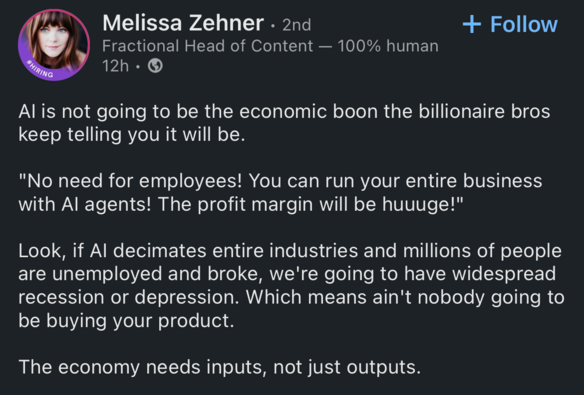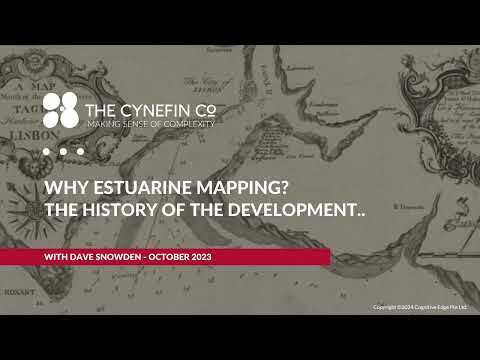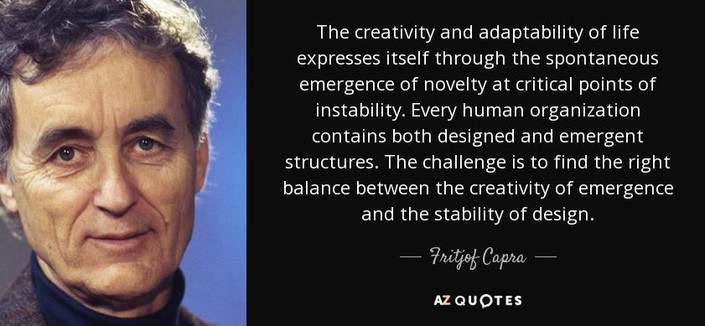Just presented “Exploring New Frontiers in Absolute Sustainability: Cybernetic Democratic Economic Planning” at the openLCA conference 2025, introducing a novel framework to monitor and plan the satisfaction of societal needs within planetary and regional boundaries.
Frühere Suchanfragen
Suchoptionen
#systemsthinking
This is a really cool read. Not entirely sure if there are any practical implications, except that maybe we humans should stop trying to look for simplifying narratives everywhere and start appreciating and embracing diversity in everything.
Oh, I guess that's practical..
https://www.quantamagazine.org/why-everything-in-the-universe-turns-more-complex-20250402/

I heard Annihilation was about grief or relationships. I'm interested af in Scavenger's Reign.
I feel like we have a rough indentation / substructure of how we will process things from birth, but that every event thereon will shape it further.
As well, we know ourselves in reference to others: "I'm like A, not like B, but most like C. What lies beyond C? I might see myself reflected best over there."
"Rules do not exist to bind you; they exist so you may know your freedoms."
Parameters outline a given environment within which to experiment and explore. It's one antidote to Blank Page Syndrome, for example.
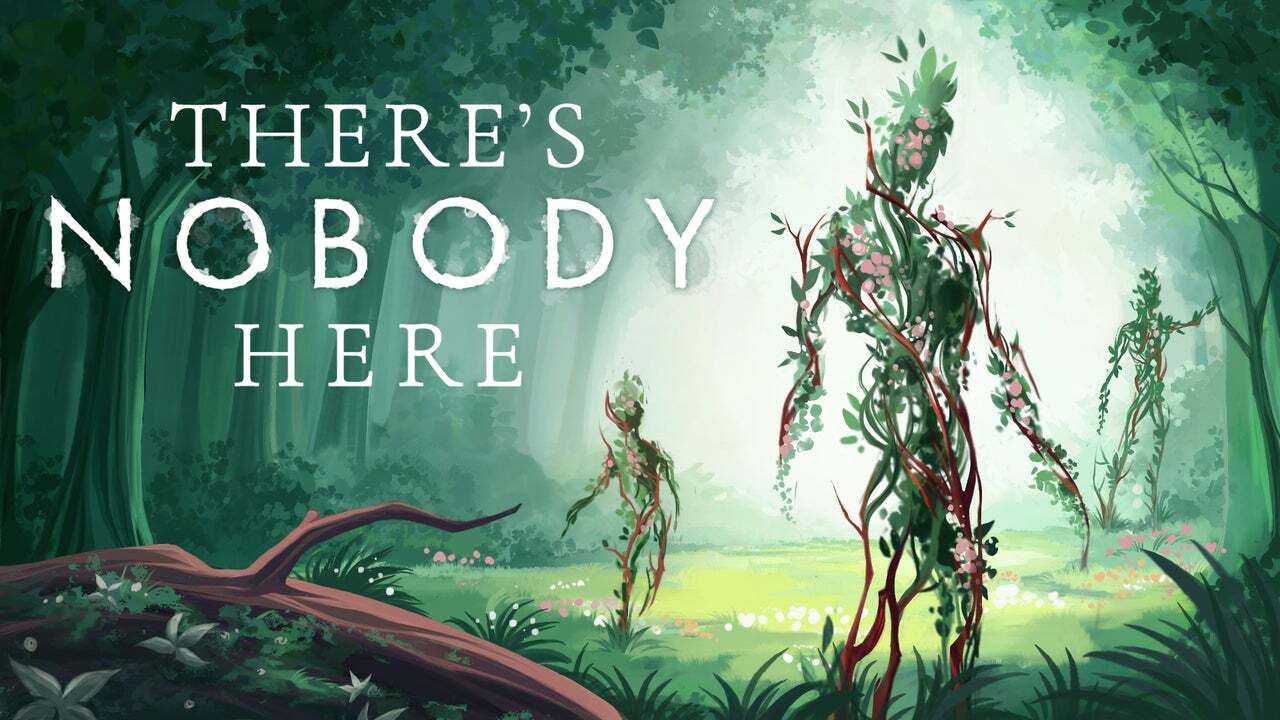
I have to disagree entirely about personifying the automated house in There Will Come Soft Rains (fantastic name), but otherwise yes. This is exactly my understanding.
https://nebula.tv/videos/talefoundry-fiction-about-nobody/
It's also a good description of why I feel so confused by others.
People tend to feel more secure (than I do) in their identities as individuals, group members, and (neurotypical / neurodefault / neurorigid) humans.

For me the highlight of the video is continuous improvement isn't nearly as important as discontinuous improvement (requiring vision / creative thought):
https://www.youtube.com/watch?v=FhcfjE7tJDY
#SystemsThinking (found in a slideshow from @RuthMalan )
'Network Medicine' is an #OpenAccess, peer-reviewed journal focused on interdisciplinary approaches to exploiting the power of #BigData by applying #NetworkScience and #SystemsThinking to #Medicine. It yields major breakthroughs towards mechanism-based redefinitions of diseases for high-precision #Diagnostics and #Treatments: https://drugrepocentral.scienceopen.com/collection/NetMed

If anyone's interested in systems thinking, complexity theory, or any of the myriad related disciplines, I created a Lemmy community to discuss ideas. Come join!
Anyone use the #Zettelkasten method of note-taking and knowledge management? Stumbled across it and I'm quite curious about it. I read widely across a lot of topics. No longer in grad school but having a way to organize and cross-reference is really appealing.
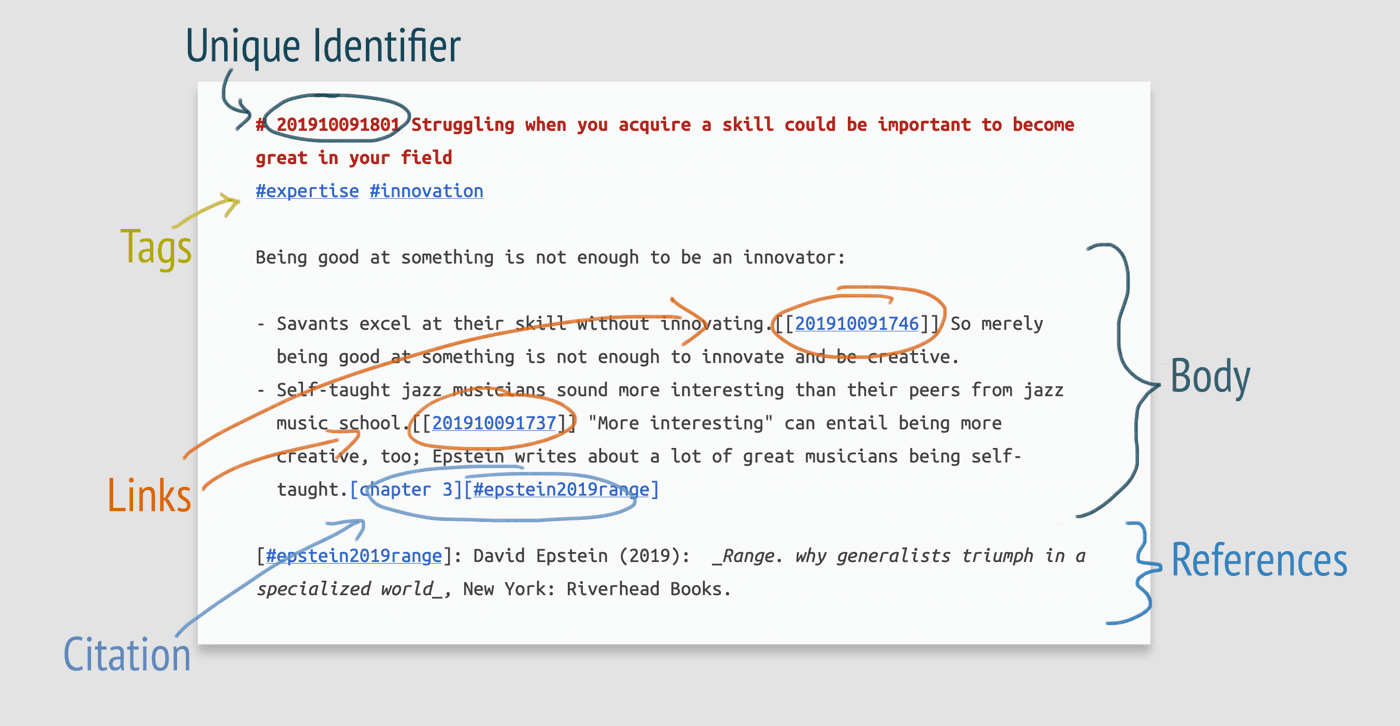
John Perkins, author of Confessions of an Economic Hitman, has a little contact form on his website mediated by goddamn Squarespace. But I still used it to write to him to ask, "Don't you think the obvious thing is for the left to unite internationally and leverage mass labor and economic power to insist on the institution of a real Global Surplus Recycling Mechanism at the IMF and World Bank now, like John Keynes originally proposed at Bretton Woods?"
Quickly, and apparently without much thought, he replied that the IMF and World Bank were dictatorial and not worth our focus in confronting the rise of fascism. BUT THE POINT IS THAT WE USE THE ONLY LEVERAGE WE HAVE AS THE POOR AND WORKING CLASS MASSES TO DEMAND A TRANSFORMATION OF THE TOP DICTATORSHIP SO THAT THERE IS NO LONGER A TOP DICTATORSHIP, AND INSTEAD, A FUNCTIONAL, TRANSPARENT, PUBLIC UNION OF EQUALS THANKS TO FAIR, EGALITARIAN SURPLUS REGULTION, WHICH HAS STILL NOT BEEN TRIED.
DOES NO ONE UNDERSTAND ME?!
https://doi.org/10.54120/jost.234567
Holy crap, the shade thrown in this paper might be enough to solve global warming.
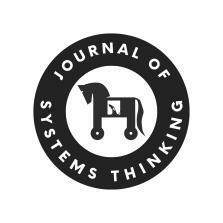
Cabrera, Cabrera, & Midgley. (2023). The Four Waves of Systems Thinking. https://doi.org/10.54120/jost.000051
This is an amazing introduction into the history of #systemsThinking, and into DSRP. Just finished reading this this read it this week, and I think I might be a convert. DSRP seems like a super useful universal framework that can abstract all (most?) other systems thinking, perhaps even all thinking.
It also seems useful as a generative framework, in a similar way to the Grammar Of Graphics for data visualisation - by breaking the field down into manageable dimensions, it allows you to recombine them in new ways to produce potentially useful new ways of thinking about a context.
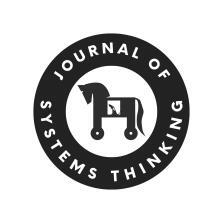
One time, in a moment that I still can't exactly wrap my mind around, we got to talk to David Snowden.
He was the nicest, most genuine & patient genius-of-a-person we've interacted with. By the end he'd made sense of some questions we had, and at the same time we wished he was our neighbor.
AND, he's found the topic of mapping useful in wrestling with complex topics.
If you'd like new approaches to complex issues, we'd suggest...
#design #systemsthinking #map #maps https://www.youtube.com/watch?v=-SITXkTFHVw
New paper on the telegraph line is out! It’s a #microhistory of Strangways Springs//Pangki Warruna, exploring its evolution from a #pastoral property to a #telegraph station to a #railway stop, and how these transitions shaped innovation in #Australia
We also highlight the importance of #water in creating and sustaining these innovations (as is the case for technologies of today like #AI ).
https://link.springer.com/article/10.1007/s10761-025-00788-4
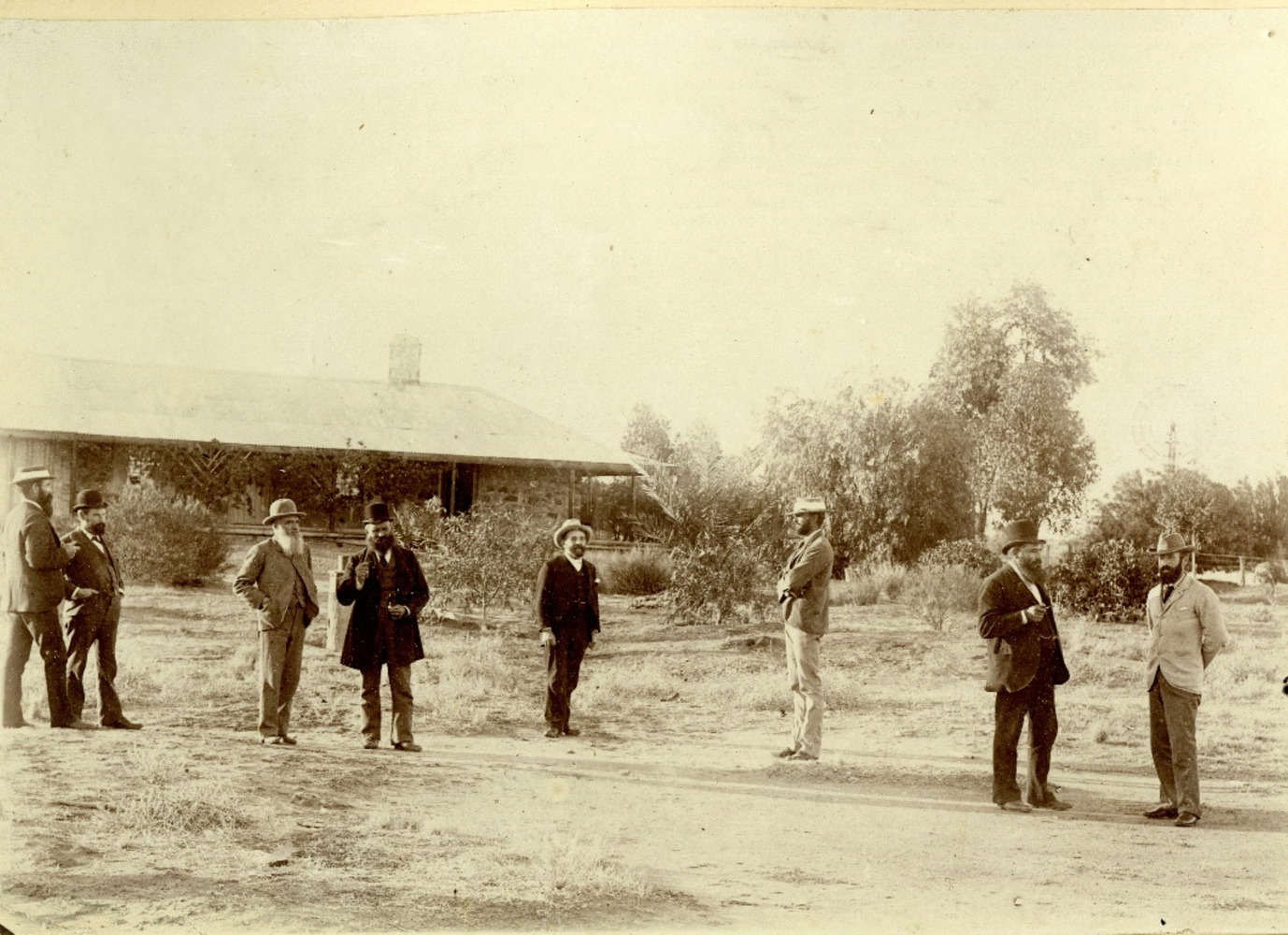
@RuthMalan @AlexPtakhin Thank you both! If only I could start every Monday like this. #SRE #Resilience #SystemsThinking
@vfrmedia @frantictdrinker largely agree but evidence shows it’s not that frontline staff aren’t skilled enough, it’s that they’re systemically deskilled
Functional specialisation & the drive for so-called productivity gains means decision makers are shut in a back office & customer service staff are given the impossible job of serving the public without any ability to do anything but pass messages on, a process that, by design, causes errors



